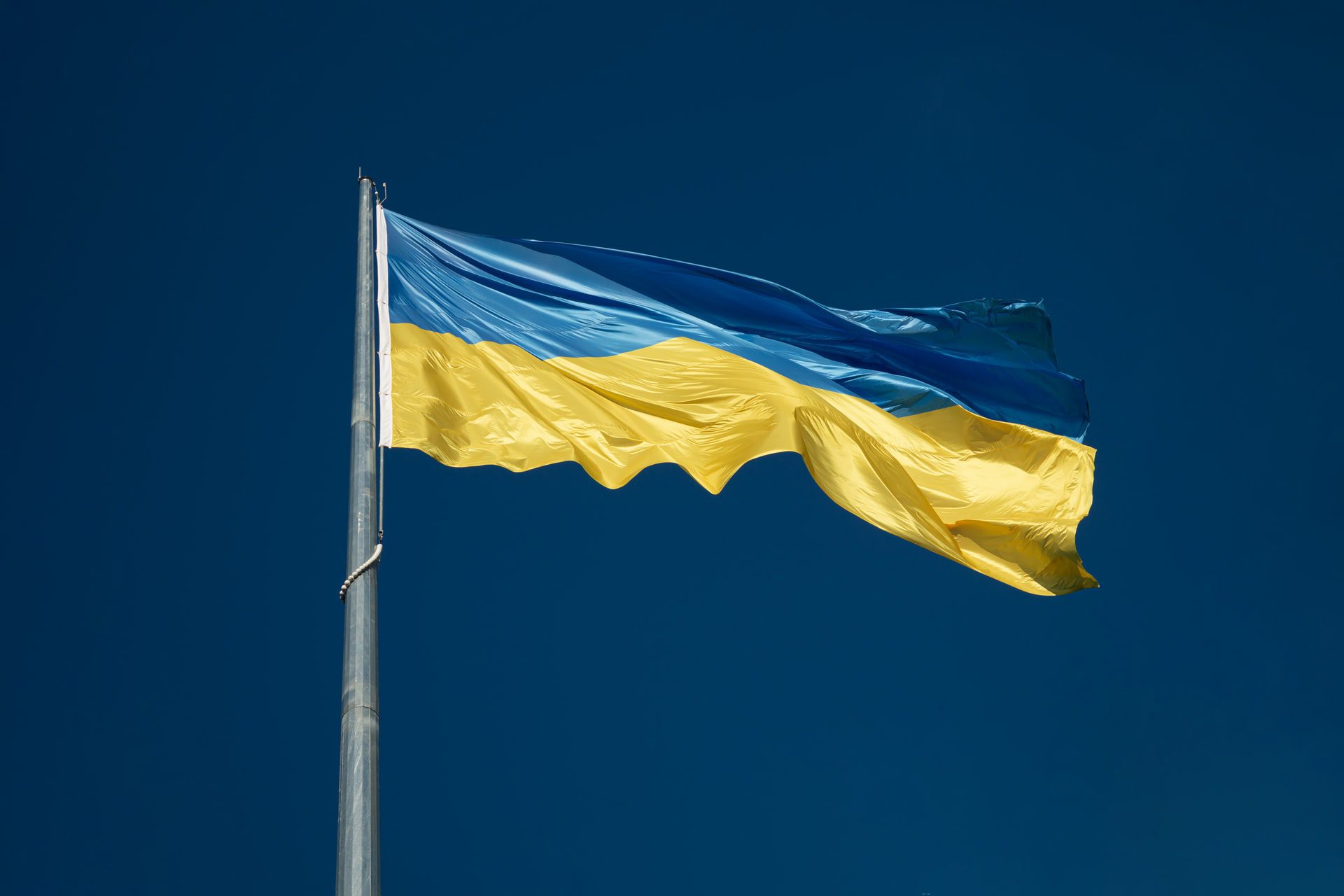
After the unsettling news we have all been experiencing this last week, its worth noting the immediate effects within stock markets as well as the likely route from here.
The situation in Ukraine has taken a turn for the worse with potentially grave humanitarian consequences. While skirmishes in the east of the country have been looking more likely for a while, Russia has dramatically escalated matters by launching a full-scale invasion.
Market responses
The latest developments have prompted a sharp reaction in markets. The Russian stock market fell by 35%. Oil prices have risen above $100 for the first time since 2014, amid concerns about disruption to energy supplies. UK and European shares fell by 3 – 5% on the first morning, albeit have since seen a rebound.
In addition to greater risk aversion in general, the sell-off reflects specific economic concerns. While the Russian economy is small, sanctions against Russian banks and companies raise the risk of financial contagion, especially in Europe. Any disruption to energy supplies could severely hamper economic activity in Europe. More broadly, a sustained rise in energy prices is likely to dent consumer spending and complicates central banks’ efforts to fight inflation.
Looking further ahead
After months of speculation, Russia’s intentions have now become clear. However, there is still significant uncertainty about how Ukraine and its Western allies will react. The assumption is that the response will be ever tougher sanctions. There is also the possibility that the West will be willing to intervene militarily. Russia’s actions have taken us a step closer toward “peak uncertainty”, but we see continued uncertainty ahead and markets will remain volatile.
Portfolio positioning
Some investment managers will have a limited exposure to Russian and Ukrainian assets maybe through emerging market funds and they will be continually reviewing their portfolios.
Investment managers & insurance companies over the coming days and weeks, will look at opportunities to add to portfolios. They will continue to see attractive opportunities in select areas of the equity markets, as well as alternative assets. However, they will still advocate adding across asset classes, rather than solely to equities. This helps ensure portfolios remain appropriately diversified and have sufficient “defensive ballast” in the event of further stock market falls.
A spokesman for the Association of British Insurers (ABI) said:
“The events in Ukraine are deeply disturbing, and our thoughts are with those affected.
“Our members are monitoring closely and reacting to developments in this fast-moving situation, including continuing to support the implementation of any sanctions put in place.
“Anyone who has any concerns over their insurance and long-term savings policies in the current situation should contact their insurer or independent financial adviser.”
While reviewing holdings in pension and other funds in the wake of the Ukraine situation is essential to investors, it’s also vital to avoid making any knee-jerk reactions with your portfolio.
Investing is best done slowly, with considered and strategic decisions rather than reacting to short-term events or volatility.
